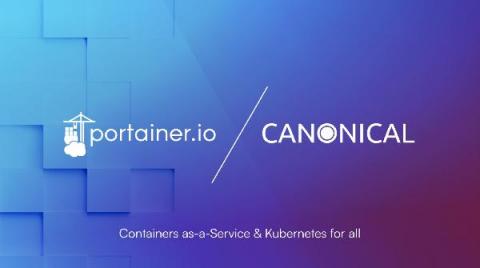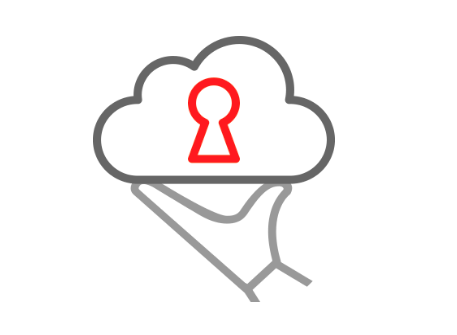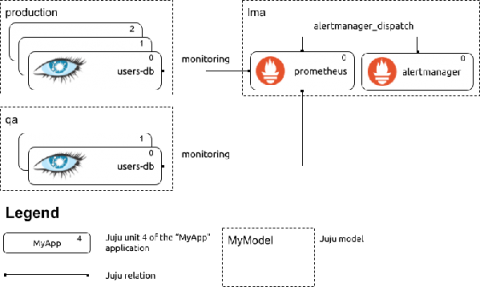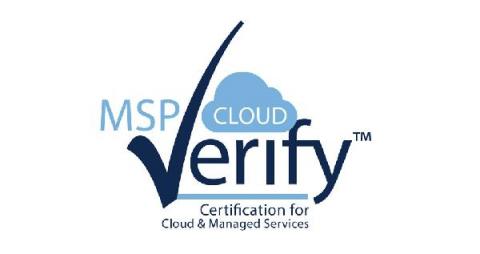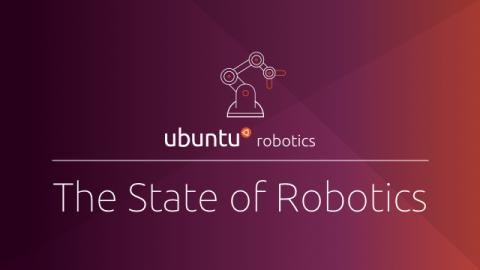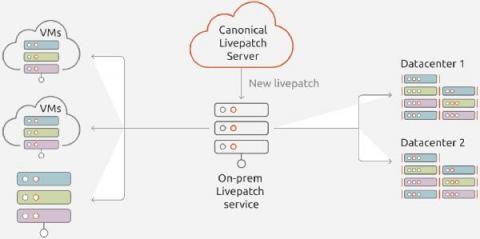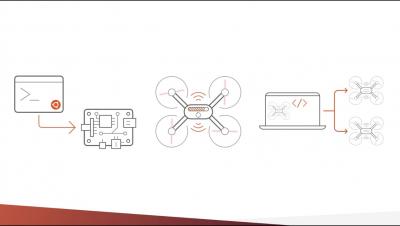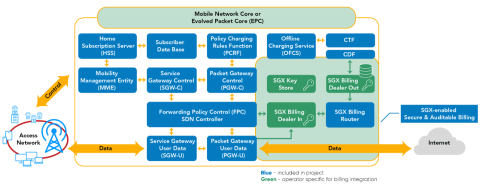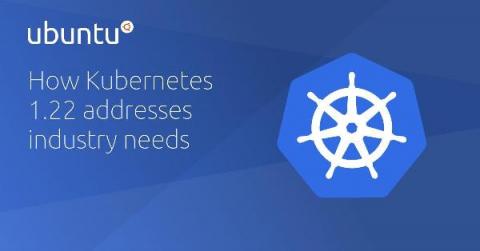Operations | Monitoring | ITSM | DevOps | Cloud
September 2021
Portainer and Canonical Expand Partnership Launching Business Charm for Charmed Kubernetes
Auckland, New Zealand – Portainer announced the launch of its Portainer Business Charmed Operator, allowing for seamless integration with Canonical’s Charmed Kubernetes distribution. The new Portainer charm allows users of Canonical’s Charmed Kubernetes distribution to automatically install and integrate Portainer Business as part of the Kubernetes cluster deployment process, using Juju, the Charmed Operator framework.
Ubuntu 14.04 and 16.04 lifecycle extended to ten years
LONDON, UK – Canonical announces the lifecycle extension of Ubuntu 14.04 LTS ‘Trusty Tahr’ and 16.04 LTS ‘Xenial Xerus’ to a total of ten years. This lifecycle extension enables organizations to balance their infrastructure upgrade costs, by giving them additional time to implement their upgrade plan.
Model-driven observability: Embedded Alert Rules
This post is about alert rules. Operators should ensure a baseline of observability for the software they operate. In this blog post, we cover Prometheus alert rules, how they work and their gotchas, and discuss how Prometheus alert rules can be embedded in Juju charms and how Juju topology enables the scoping of embedded alert rules to avoid inaccuracies.
Canonical's managed services achieve MSP Cloud Verify Certification
London, UK – Canonical, the publisher of Ubuntu, today announced the completion of the MSP Cloud Verify Certification (MSPCV) for its support and managed services. The MSPCV certification, further strengthens Canonical’s industry-leading open source offering, reassuring customers in all industries that they can securely consume open source in a regulated fashion that complies with all the industry standards and best practices.
The State of Robotics - August 2021
Robotics is everywhere. Researchers and companies are all working on groundbreaking developments, either improving robotics to be state of the art or pursuing innovative applications. That is the main aim of this monthly blog; to show you what we are capable of doing today and to inspire you to think about the bigger picture. For the benefit of your current or future robotics project!
Ubuntu Livepatch on-prem reduces downtime and unplanned work on enterprise environments!
London, United Kingdom – Canonical announces Ubuntu Livepatch on-prem, an enhancement to its Ubuntu Livepatch service enabling organisations to take control of their kernel livepatching policy. Designed for complex enterprise environments that follow their own patch rollout policy, Ubuntu Livepatch on-prem provides the basis for an efficient but fine-tuned continuous vulnerability management on private, hybrid, or public clouds.
Managing Livepatch on-prem
Ubuntu Livepatch is the service and the software that enables organizations to quickly patch vulnerabilities on the Linux kernel. It enables uninterrupted service while reducing fire drills during high and critical severity kernel vulnerabilities. With Ubuntu Livepatch on-prem we enhance our service to enable enterprises manage on private or public cloud their livepatched systems.
Ubuntu and Canonical - providing an ecosystem of robotics solutions for your drones
Ubuntu 21.10: Release the party
There ain’t no party like an Ubuntu release party. You might think that you are a party animal, but have you seen an Impish Indri? Some time ago, it was common for the Ubuntu LoCos (local communities) to host and run ‘release parties’, meet-ups, and get-togethers where members of the wider community come together to talk about all things Ubuntu. This idea has somewhat disappeared. But what’s stopping it from coming back?
Evolution of Open-source EPC - A Revolution in the Telecom Industry
Open-source projects gravitate to some common problems in the industry. The use of open-source projects accelerates product/solution development and cuts down the costs. Open-source projects for embedded systems to the cloud are commonplace.
KVM hypervisor: a beginners' guide
KVM (Kernel-based Virtual Machine) is the leading open source virtualisation technology for Linux. It installs natively on all Linux distributions and turns underlying physical servers into hypervisors so that they can host multiple, isolated virtual machines (VMs). KVM comes with no licenses, type-1 hypervisor capabilities and a variety of performance extensions which makes it an ideal candidate for virtualisation and cloud infrastructure implementation.
Kubernetes CI/CD pipelines: What, why, and how
This blog can provide you with useful information on how to set up a Kubernetes CI/CD workflow using state-of-the-art of open source DevOps tools, whether you are.
How to develop Linux applications for FIPS on Ubuntu
This is the second article in our series regarding FIPS 140 and Ubuntu. The first part of this series, this article, covers running FIPS 140 applications on Ubuntu while this part is focused on the development of FIPS 140 applications on Ubuntu.
Where configuration management falls short: model-driven OpenStack
Have you ever installed OpenStack from scratch? I know, it sounds geeky, unnecessary and maybe even overcomplicated … It is after all 2021, OpenStack is mature, there are hundreds of OpenStack distributions available out there, configuration management tools are all the way around and installing OpenStack from scratch almost sounds like compiling the Linux kernel or using make scripts to install software on Ubuntu.
How Kubernetes 1.22 addresses industry needs
On August 4th 2021, Kubernetes (K8s) upstream announced the general availability of Kubernetes 1.22, the latest version of the most popular container orchestration platform. At Canonical, we actively track upstream releases to ensure our Kubernetes distributions align with the latest innovations that developers and businesses need for their cloud native use cases.
Cybersecurity with Ubuntu
The cybersecurity state of affairs can be described as too complex today. There is an enormous number of threats endangering sensitive data for the average IT team to cope with. Threats ranging from exposure of physical assets stored in an office, to “social engineering” attacks resulting in unauthorized access, or even threats that exploit obscure software vulnerabilities.



